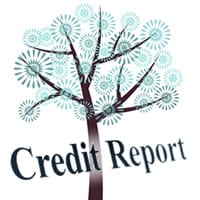 Who Gets Your Stuff? I asked you to think about that in Friday’s Quick Tips.We just opened our Health Savings Checking Account and we had to list a beneficiary. That got me wondering who we had listed on our other accounts. Things change. The person who seemed like the perfect beneficiary five years ago, may not be our first choice today – not because we’re cutting people off or choosing new favorites, but because we have lost some loved ones and gained new people to love and care for.
Who Gets Your Stuff? I asked you to think about that in Friday’s Quick Tips.We just opened our Health Savings Checking Account and we had to list a beneficiary. That got me wondering who we had listed on our other accounts. Things change. The person who seemed like the perfect beneficiary five years ago, may not be our first choice today – not because we’re cutting people off or choosing new favorites, but because we have lost some loved ones and gained new people to love and care for.
Our Newsletter is getting a name change – but what will it be? We’re going to do some branding changes around here. Quick Tips will become something new, fresh and inspiring and we need a new name. We received a few suggestions, but we’d love more.
Want to help? Submit your name suggestions to jill@jillrussofoster.com or on Facebook, LinkedIn, Twitter or reply to this post. I know you have some great ideas, so share ’em with me!
![]()








